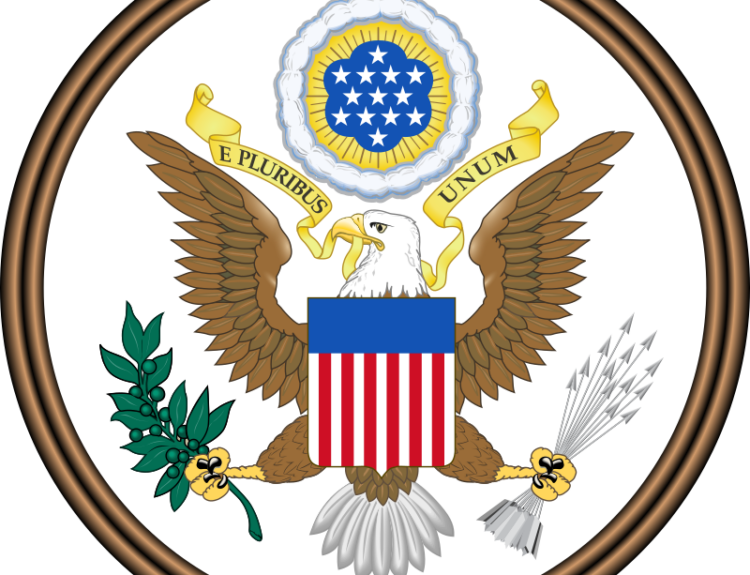Huawei aims to disrupt Nvidia’s dominance with its latest AI chip amidst ongoing U.S. sanctions.
- Huawei is set to launch the Ascend 910C AI chip, aiming to compete with Nvidia’s H100.
- The new chip has garnered interest from major Chinese companies, with potential orders exceeding 70,000 units.
- Despite U.S. sanctions, Huawei continues to advance its chip technology with state support.
- Production delays and potential further U.S. restrictions pose challenges for Huawei’s chip manufacturing.
- Nvidia’s export controls have limited its ability to sell advanced chips to Chinese customers.
Huawei Technologies is on the verge of launching its new artificial intelligence chip, the Ascend 910C, which is designed to rival Nvidia’s H100. This development comes as Chinese internet companies and telecom operators have been testing the new processor, indicating strong interest in the Chinese market. Huawei claims that the 910C is comparable to Nvidia’s H100, which is not directly available in China due to U.S. export restrictions. nnDespite facing significant challenges from U.S. sanctions, Huawei has managed to make strides in chip development, supported by substantial state funding. The company is seen as a national champion in AI, working to create alternatives to U.S. technology. However, production delays have been reported, and further U.S. restrictions could impact Huawei’s access to essential components and manufacturing equipment. nnMajor Chinese firms, including ByteDance, Baidu, and China Mobile, are in discussions to procure the 910C, with initial estimates suggesting orders could exceed 70,000 chips, valued at around $2 billion. Huawei aims to begin shipping the chips as early as October, although the final order quantities and delivery schedules may vary. nnSince being placed on the U.S. entity list in 2019, Huawei has faced significant hurdles in chip production, including restrictions on using Taiwanese factories and accessing critical manufacturing tools. In response, China has increased its support for semiconductor manufacturing, recently raising $48 billion for the industry. nnNvidia, meanwhile, has been unable to sell its most advanced chips to Chinese customers since U.S. export controls were implemented in 2022. While Nvidia has introduced less powerful alternatives, such as the H20, some Chinese customers have found ways to acquire more advanced chips through unofficial channels. nnAnalysts suggest that if Huawei can successfully produce the 910C and Nvidia remains blocked from selling advanced chips in China, Nvidia could quickly lose market share. Huawei is projected to produce between 1.3 million and 1.4 million 910C chips next year, provided it does not face additional U.S. restrictions. nnDespite initial skepticism about Nvidia’s H20, some clients have increased their orders after positive performance results and price cuts. However, Huawei’s production issues have also contributed to the dynamics in the market. nnAs Huawei prepares for the launch of the 910C, it is also stockpiling high-bandwidth memory chips in anticipation of potential U.S. curbs on access to these critical components. The ongoing situation highlights the competitive landscape of AI chip technology and the impact of geopolitical tensions on the semiconductor industry.·
Factuality Level: 7
Factuality Justification: The article provides a detailed overview of Huawei’s new AI chip and its competitive position against Nvidia, supported by various sources and industry insights. However, it includes some speculative elements and potential biases regarding U.S. sanctions and Huawei’s capabilities, which could affect the overall objectivity.·
Noise Level: 7
Noise Justification: The article provides a detailed overview of Huawei’s new AI chip and its implications in the context of U.S. sanctions and competition with Nvidia. It includes relevant data, potential market impacts, and insights into the semiconductor industry. However, it could benefit from a deeper analysis of the long-term consequences of these developments and more critical examination of the narratives surrounding U.S.-China tech competition.·
Public Companies: Nvidia (NVDA), Baidu (), China Mobile (), OpenAI (), Amazon (), Google ()
Private Companies: Huawei,ByteDance
Key People: Dylan Patel (Analyst at SemiAnalysis), Liza Lin (Writer), Raffaele Huang (Writer)
Financial Relevance: Yes
Financial Markets Impacted: U.S. and Chinese semiconductor companies, specifically Nvidia and Huawei
Financial Rating Justification: The article discusses the introduction of a new chip for artificial intelligence use by Huawei, which is in direct competition with Nvidia’s products. This impacts financial markets as it affects the market share and sales of both Nvidia and Huawei, two major players in the semiconductor industry.
Presence Of Extreme Event: No
Nature Of Extreme Event: No
Impact Rating Of The Extreme Event: No
Extreme Rating Justification: The article discusses Huawei’s advancements in chip technology and the challenges posed by U.S. sanctions, but it does not report on any extreme event that occurred in the last 48 hours.·
Deal Size: The deal size is around $2 billion.
Move Size: No market move size mentioned.
Sector: Technology
Direction: Up
Magnitude: Large
Affected Instruments: Stocks
 www.wsj.com
www.wsj.com 





